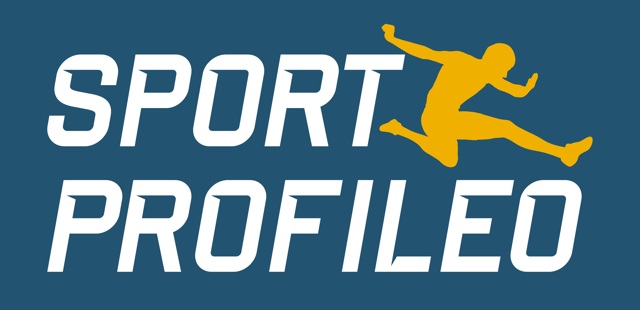There are few decisions as strategic in professional clubs as the recruitment of the head coach. As the essential link between the sports management and the athletes, it is (among other things) on his shoulders that the success of a season rests. So, what criteria should be taken into account to ensure a successful recruitment?
If the technical skills of the coach are obviously to be considered, his soft skills are just as essential. Indeed, beyond being an expert in his or her discipline, the coach is above all a manager. It is therefore his or her ability to communicate, federate, support his or her athletes and manage his or her emotions that makes the difference.
And yet, even at the highest level, these soft skills are rarely accurately assessed during recruitment.
A handball coach interviewed by Sport Profileo said: "In the current handball context, I am always appalled by the choices made by managers to recruit such and such a coach. It would be good if managers would look at the behavioural profile of the coach they recruit.
Carlo Ancelotti, in his book The Quiet Leader (1), also talks about the rarity of this approach in football. "In my career, only one club has asked me 'What is your management style? How do you work with the players? How would you act in this or that situation? It was Chelsea. I've had 10 interviews with them, and while it's far from the norm, it's the best way to avoid miscasting. All clubs should take this approach as an example."
In addition to the interview, other methods can be used to assess the coach's profile: case studies, psychometric questionnaires, or role-playing. A few years ago, a professional football club in Ligue 1 experimented with a half-day assessment using several methods to better understand the managerial style of its coaches.
Beyond enlightening the club on the decision to be taken, the objective evaluation of managerial skills, provided that it gives rise to a debriefing with the person concerned, can prove to be a very rich source of information for the coach himself. An evaluation of one's soft skills enables the coach to know him/herself better, to engage in a process of developing his/her skills, and to clarify his/her career choices.
(1) C. Ancelotti, The Quiet Leader, Hugo Sport, 2016
